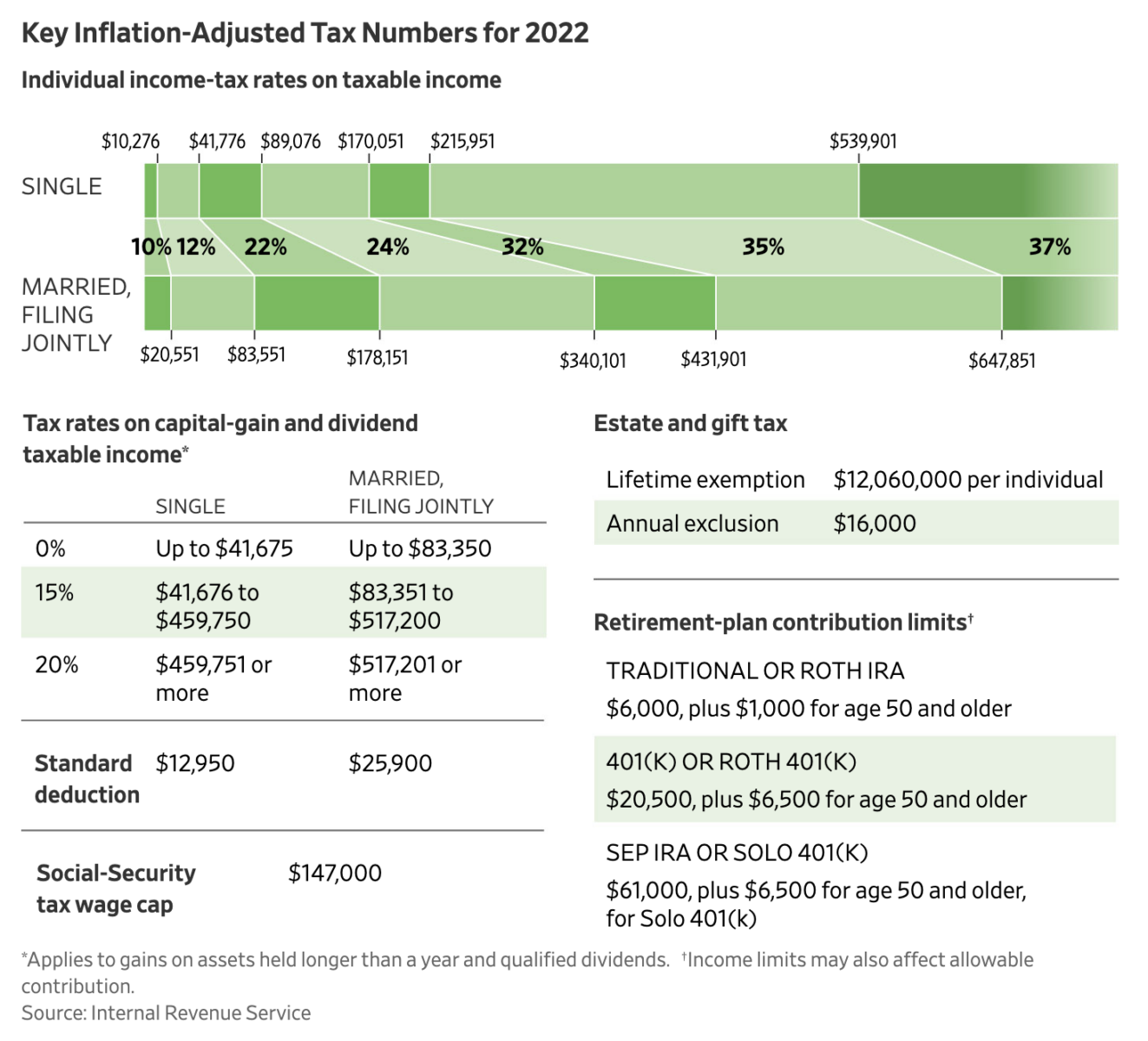The weekend is here! Pour yourself a mug of Danish Blend Frech Press, grab a seat in the front of the plane, and get ready for our longer-form vacation weekend reads:
• Heuristics That Almost Always Works.Sometimes there’s a Heuristic that almost always works, like “this technology won’t change everything” or “there won’t be a hurricane tomorrow.” And sometimes the rare exceptions are so important to spot that we charge experts with the task. But the heuristics are so hard to beat that the experts themselves might be tempted to secretly rely on them, while publicly pretending to use more subtle forms of expertise. “My statistical model, accounting for chaos theory, barometric pressure, and the price of tea in China, says there won’t be a hurricane tomorrow. Rejoice!” (Astral Codex Ten)
• Sequoia’s invisible hand: How Roelof Botha became one of the most powerful people in venture capital Few know the man who’s transforming one of Silicon Valley’s top VC firms. Here’s what founders and other insiders think of him and his plan to upend the traditions of VC. (Protocol)
• How Crypto’s Original Bubble Boy Rode Ethereum And Is Now Pulling The Strings Of The DeFi Boom OLAF CARLSON-WEE rode 2017’s “initial coin offering” craze to become one of crypto’s top venture investors. Now he’s raking in hundreds of millions, from a blockchain rage called DeFi, which promotes the fantasy of democratized financial services. (Forbes)
• Price Controls, Black Markets, And Skimpflation: The WWII Battle Against Inflation Back during World War II, the United States took a radically different approach to fighting inflation. And the mess that ensued might explain why the Biden Administration, and most other policymakers, are reluctant to try it out again (NPR)
• The Next Austin? What Companies Will Look for in a Headquarters City Companies will probably always want low taxes, an educated workforce and a big airport. But other factors are likely to become far more important in the future. As global warming worsens storms, wildfires and heat waves, more companies will likely look for cities that are prepared for natural disasters and offer green energy, site-selection consultants say. The rise of e-bikes, e-scooters and self-driving cars means cities looking to appeal to companies will need a new transportation infrastructure. Cheap housing, nightlife and access to nature are also bound to become more important. (Wall Street Journal)
• How Pfizer made an effective anti-covid pill A covid pill could cut serious illnesses and help prevent the next pandemic. But it’s expensive and in short supply. (MIT Technology Review)
• Your attention didn’t collapse. It was stolen Prof Joel Nigg, who is one of the leading experts in the world on children’s attention problems, and he told me we need to ask if we are now developing “an attentional pathogenic culture” – an environment in which sustained and deep focus is harder for all of us. Social media and many other facets of modern life are destroying our ability to concentrate. We need to reclaim our minds while we still can (The Guardian)
• What Was the TED Talk? Some Thoughts on the “Inspiresting” The rhetorical style TED helped popularize was “middlebrow megachurch infotainment,” and had begun to directly influence the type of intellectual work that could be undertaken. If the research wasn’t entertaining or moving, it was seen as somehow less valuable. TED’s influence on intellectual culture was taking something with value and substance and coring it out so that it can be swallowed without chewing. (The Drift)
• The Waste Land: Two crucial and interconnected resources—human feces and arable soil—face crises of mismanagement. (New York Review of Books)
• Our Universe is normal! Its biggest anomaly, the CMB cold spot, is now explained. The Universe is supposed to be the same everywhere and in all directions. So what’s that giant “cold spot” doing out there? (Big Think)
Be sure to check out our Masters in Business interview this weekend with James Anderson, partner at Baillie Gifford, the Edinburgh, Scotland investing giant that manages $470 billion in client assets. He runs FTSE-100-listed Scottish Mortgage Investment Trust, a $23.5 billion fund, where since 2001, he has generated returns of 1,700%.
What Inflation Will Do to Your 2022 Taxes

Source: Wall Street Journal
Sign up for our reads-only mailing list here.
~~~
RRs will be on vacation next week; No AM Reads Monday 2/14 to Friday 2/18

